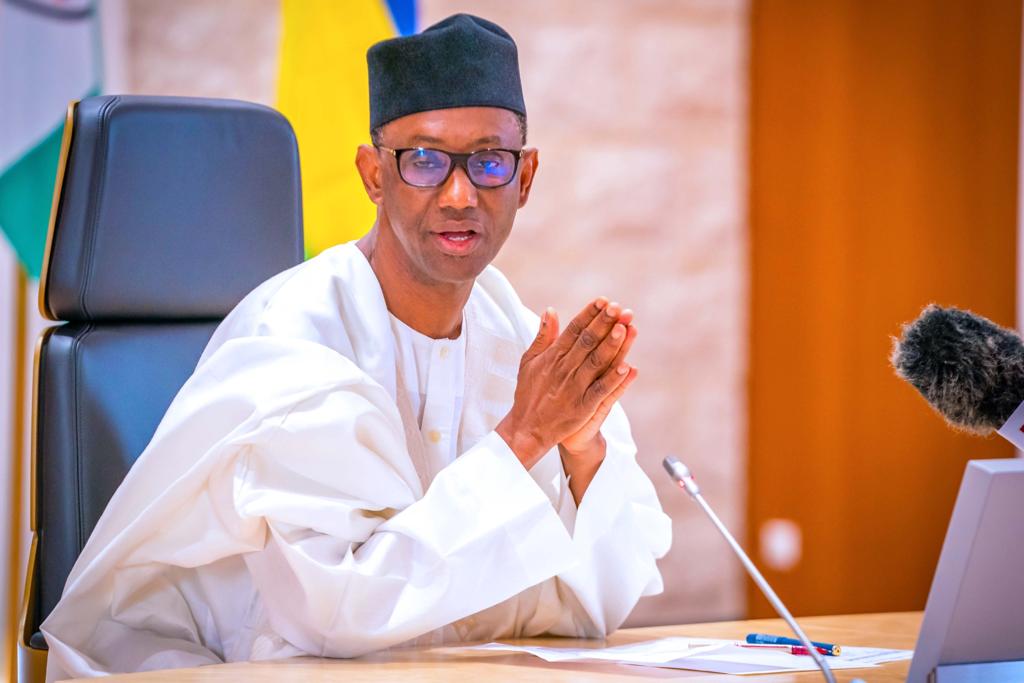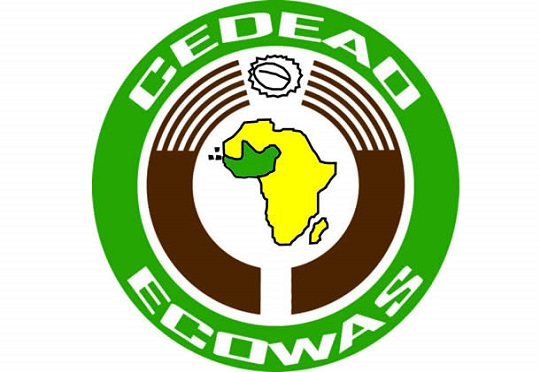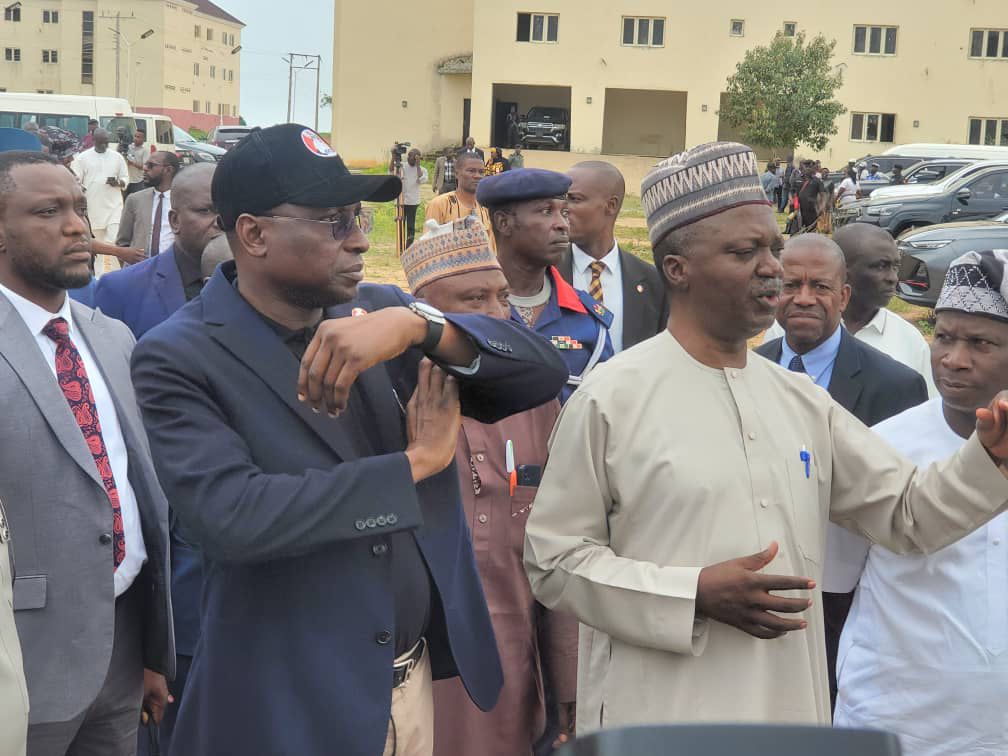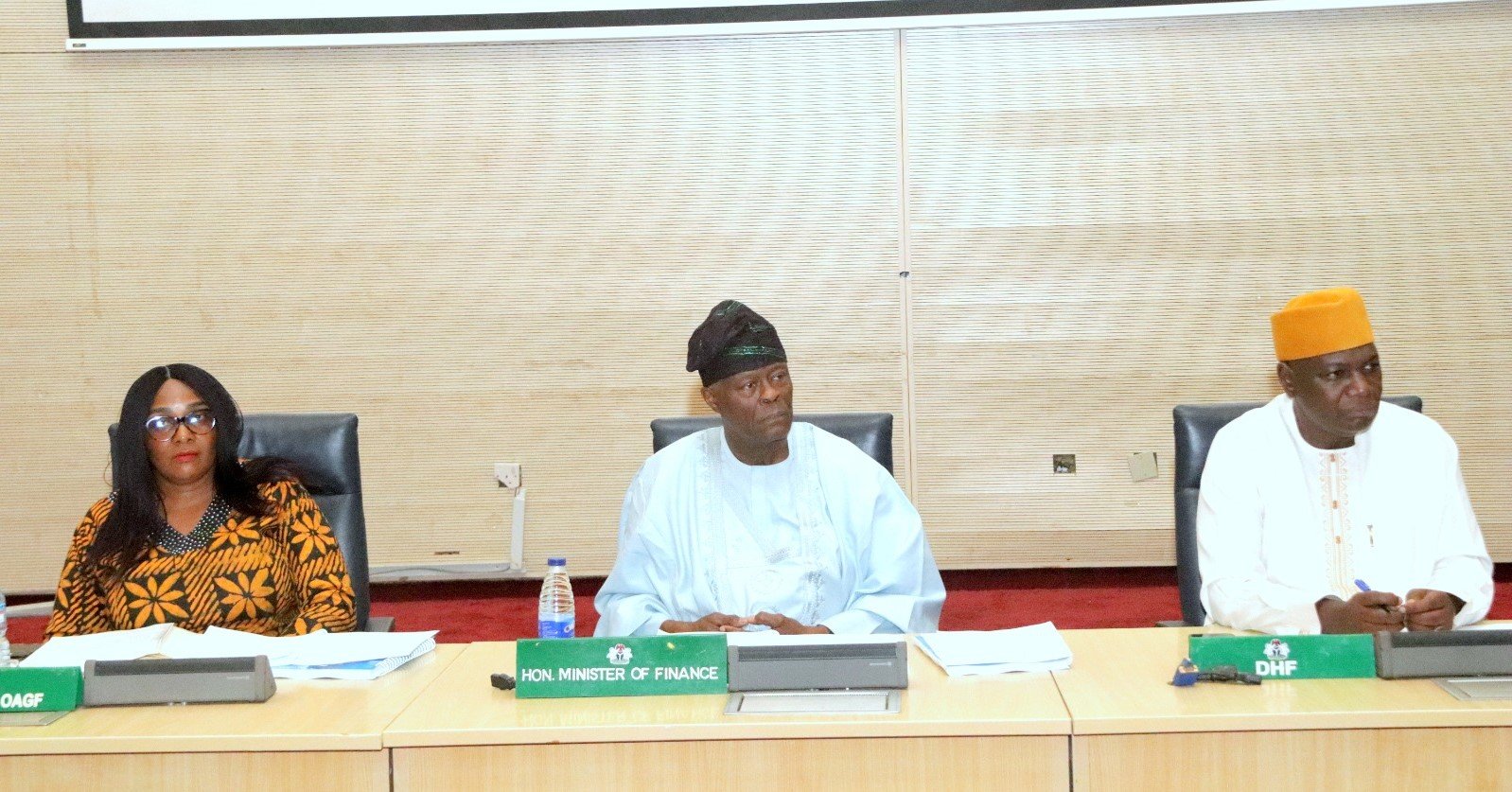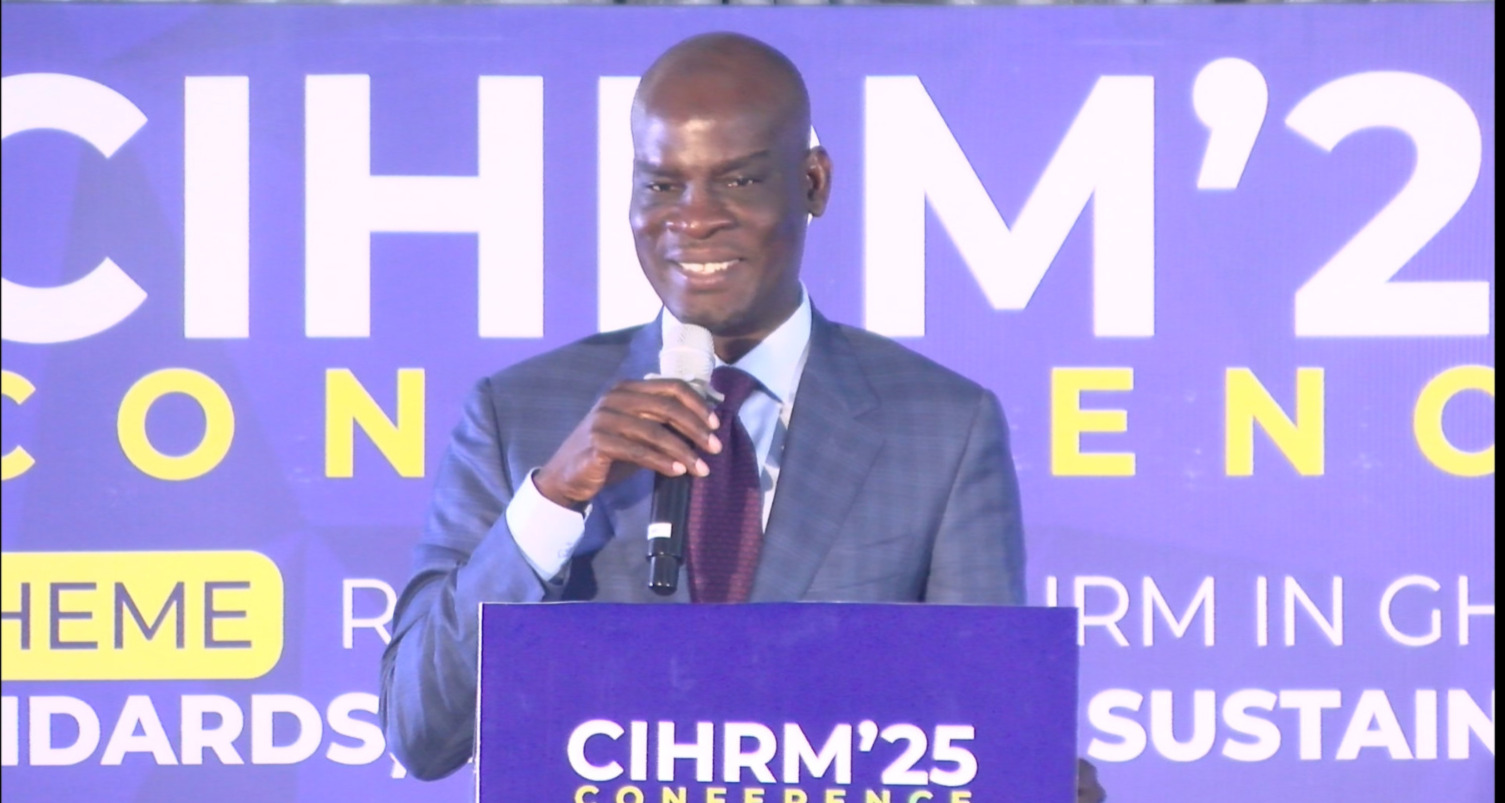Climate Change: FG, UNICEF Endorse Three Handbooks on Guide to Protecting Schools

in Abuja
The Federal Ministry of Education, the Universal Basic Education Commission, UBEC and with support from the United Nations Children’s Fund, UNICEF have endorsed three books to enhance the teaching of climate change and the mitigating of violence in schools.
The books are, “Climate Change Education for Schools in Nigeria”, Early Warning: A Guide to Protecting Schools in Nigeria”, and “Managing School Related Violence in Nigeria”.
The permanent secretary of the ministry, Abel OlumuyiwaEnitan, who spoke yesterday during the unveiling of the books, said they are more than just documents, and represent a commitment to the wellbeing and learning our comes of school children.
Represented by the Director in charge of Education Support Services, Larai Nana Ahmed, the permanent secretary said climate change education will empower school children to become environmentally conscious and responsible citizens.
His words: “The early warning guide will help us to protect our schools and learners from potential threats. And the managing of school-related violence will enable us to create safer and more supportive learning environments.
“We are not just distributing documents, we are equipping educators, policy makers, and stakeholders with the knowledge and tools to drive meaningful change. We are investing in the future of our children and our nation”.
UNICEF Chief of Education in Nigeria, Vanessa Lee, in her speech, recalled that in 2021, the Federal Ministry of Education developed the National Policy for Safety, Security, and Violence-Free Schools together with the Minimum Standards for Safe Schools.
Represented by education specialist, NnekaOgbansiegbe, she said the tool was first deployed in 6,000 schools twice in 2023, but regrettably, the result of the findings shows that only 1 in 5 schools are implementing 70% of the minimum standards for safe schools.
She stated that in 2024, UNICEF expanded the survey to reach 16,023 schools in 18 states which include Sokoto, Kebbi, Zamfara, Borno, Yobe, Adamawa, Gombe, Taraba, Bauchi, Plateau, Kaduna, Niger, Kano, Katsina, Jigawa, Benue, Lagos and Oyo states.
The result of the findings showed that only 1 in 4 schools are implementing at least 70% of the minimum standards.
According to her: “Another key finding showed that more than half of the schools assessed scored below average on disaster management, managing violence in schools, on the way to schools, and at home.
“As part of UNICEF’s support to children in Nigeria, in 2024, supported 5 states to conduct an assessment to identify the various hazards that affect schools and develop measures to prevent and mitigate the effects of the various hazards” she added.

